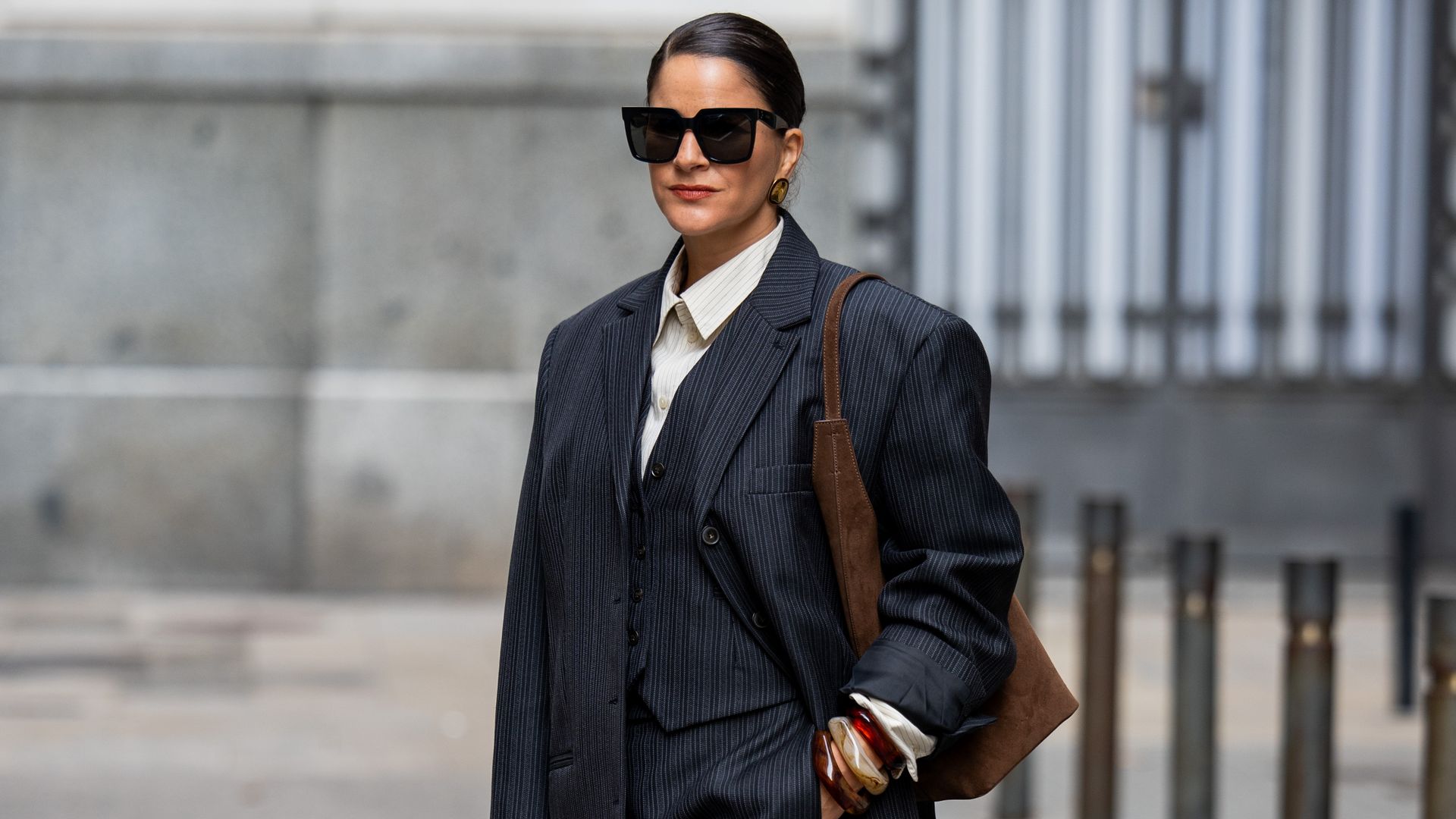“Wicked” doesn’t need a movie adaptation to be relevant — it’s already a cultural phenomenon, even before the behemoth two-part film adaptation hits theaters. The beloved Tony-winning Broadway musical is adapted from Gregory Maguire’s 1995 novel “Wicked: The Life and Times of the Wicked Witch of the West,” a revisionist history of Frank L. Baum’s 1900 fantasy novel “The Wonderful Wizard of Oz,” and that book’s iconic 1939 film adaptation “The Wizard of Oz.
” This new film comes heaped high with a century’s worth of heritage, in the traditions of literature, screen and stage, and the massive expectations that come with that, too. While Dorothy’s tornado-twirl into Technicolor is burned into our collective consciousness, so too is the massive note sung at the end of Act One, by the witch at the center of “Wicked,” Elphaba, in the show’s signature song, “Defying Gravity,” written by Stephen Schwartz (who wrote all the music and lyrics for the show). Director Jon M.
Chu’s oversized movie adaptation takes every second of its two hours and 40 minutes to build up to that one note. The battle cry that emerges from Elphaba (played here by the Tony-winning, Oscar-nominated Cynthia Erivo) is a moment in which the anti-tyrannical ethos of the film snaps into sharp focus with such crystal clarity that it’s breathtaking. It’s just the preceding rising action that feels a bit underwhelming.
“Wicked” seeks to understand the Wicked Witch of t.


















